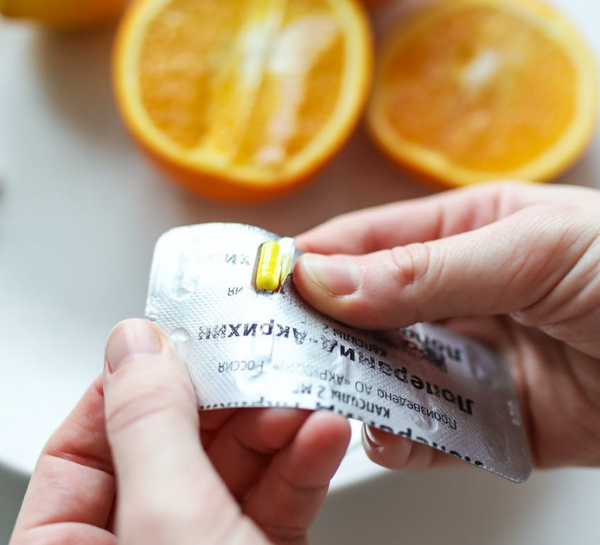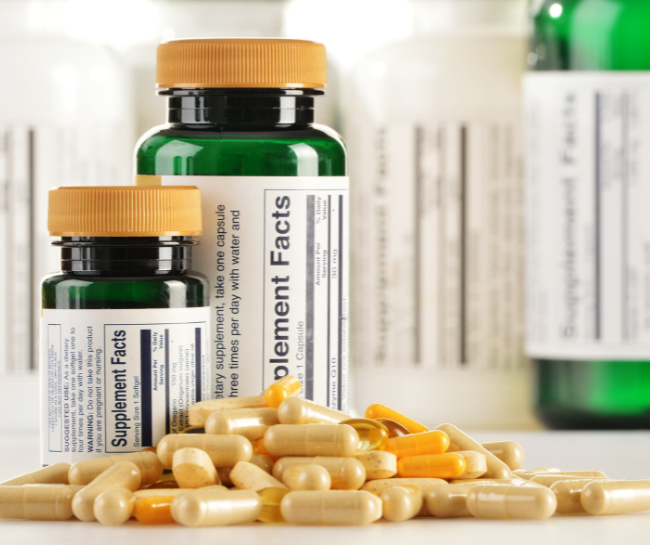If you’re one of the millions of individuals who take a multivitamin supplement every day, you’re not alone. You may be attempting to cure a vitamin deficiency or reduce your risk of some diseases, or you may simply be feeling more vigilant about your health after taking a supplement that claims to do so.
Many people have been taking dietary supplements for generations, ranging from vitamin A to iron. Consumers rushed to local drug stores to restock on these apparently magical tablets to boost their general health and well-being when they first became accessible — and they haven’t stopped since.
Dietary supplement suggestions can be available in a variety of sources, including advertisements, vloggers, and referrals from your neighbors, colleagues, and family. It’s difficult to tell which supplement — if any — is best for you in the midst of all the commotion. Although many supplements are unquestionably good for your health, there is a wide range of data, so it’s crucial to know which supplements are good and which may be risky. But why is the consumption of dietary supplements considered risky? Let’s check!
Why are some supplements not regulated by the FDA

Before dietary supplement items are launched, the FDA is not permitted to assess them for safety and efficacy. Dietary supplement producers and distributors are accountable for ensuring that their products are secure before they are released to the public.
If a dietary supplement has a new ingredient, the company must inform the FDA before marketing it. Nevertheless, the FDA will simply review the notice (it will not be authorized) for safety, not efficacy. Dietary supplement producers must guarantee that their products are of high quality, free of contaminants or toxins, and appropriately labeled in accordance with current Good Manufacturing Practice and labeling laws.
Besides that, the FDA regulates dietary supplements as food, not medicines. Some dietary supplements, on the other hand, contain components with strong biological effects that may interact with a medicine you’re taking or a medical condition you’re experiencing. Consumers are put at much greater risk when products containing concealed medicines are falsely advertised as dietary supplements. Because of these factors, it is critical to get medical advice before taking any dietary supplement.
Scholars warn that FDA’s regulation of dietary supplements could pose health risks to consumers. From weight loss pills to protein powder, dietary supplement consumption is on the rise. But some dietary supplements boast unsubstantiated claims and may be contaminated with pesticides or toxic heavy metals.
Is Your Dietary Supplement Safe?
What are the risks of dietary supplements

Why is the consumption of dietary supplements considered risky? Well, many supplements contain active substances that can have significant physiological effects. Always be mindful of a negative reaction, particularly while using a new product. If you take supplements with excessive dosages, you are more likely to experience adverse effects. Some supplements have the potential to:
- Increase risk of bleeding
- Change your reaction to anesthesia.
They can potentially have unfavorable interactions with some drugs. Vitamin K, for example, can impair the blood thinner warfarin’s ability to prevent blood clotting. If you’re pregnant or nursing, you should avoid using dietary supplements. Also, only give vitamins to a child if their healthcare provider has suggested it. Many supplements haven’t been well researched in pregnant women, nursing moms, or children.
In fact, large doses of some vitamins or minerals can be dangerous and even harmful. For example, the body cannot get rid of large doses of vitamin A. It can reach toxic levels when too much is taken, which can damage organs and interfere with certain medicines.
Are Dietary Supplements Safe?
Why should you be careful when buying dietary supplements

What is the basis why is the consumption of dietary supplements considered risky? While most dietary supplements are safe if used as directed, excessive dosages of particular nutrients might have negative consequences. Certain supplements can potentially be overdosed, resulting in significant damage or death. So, if your doctor has suggested you start taking a supplement, follow these steps to be a savvy supplement shopper:
- Instead of undertaking a blind search for supplements on the internet, visit reliable, nonprofit sites.
- Be cautious of assertions like “functions considerably better than (a prescribed drug),” “totally harmless,” and “has no adverse reactions.”
- Request assistance from your healthcare provider in determining which information is trustworthy and which is not.
- For further security, check for independent quality evaluation seals and third-party verification.
When purchasing dietary supplements, be cautious because some of them make false claims and contain substances that are harmful to your health.
Because supplements are regulated as foods, not as drugs, the FDA doesn’t evaluate the quality of supplements or assess their effects on the body. If a product is found to be unsafe after it reaches the market, the FDA can restrict or ban its use.
Should You Take Dietary Supplements?
How to learn more about your dietary supplement
Dietary supplement labels should include the manufacturer’s or supplier’s name and address. If you wish to learn more about the product you’re using, contact the manufacturer or supplier for information on:
- Information about the product’s constituents’ safety and efficacy.
- Information to back up the product’s assertions.
Click here to learn more about the recommended supplements to help handle stress.

